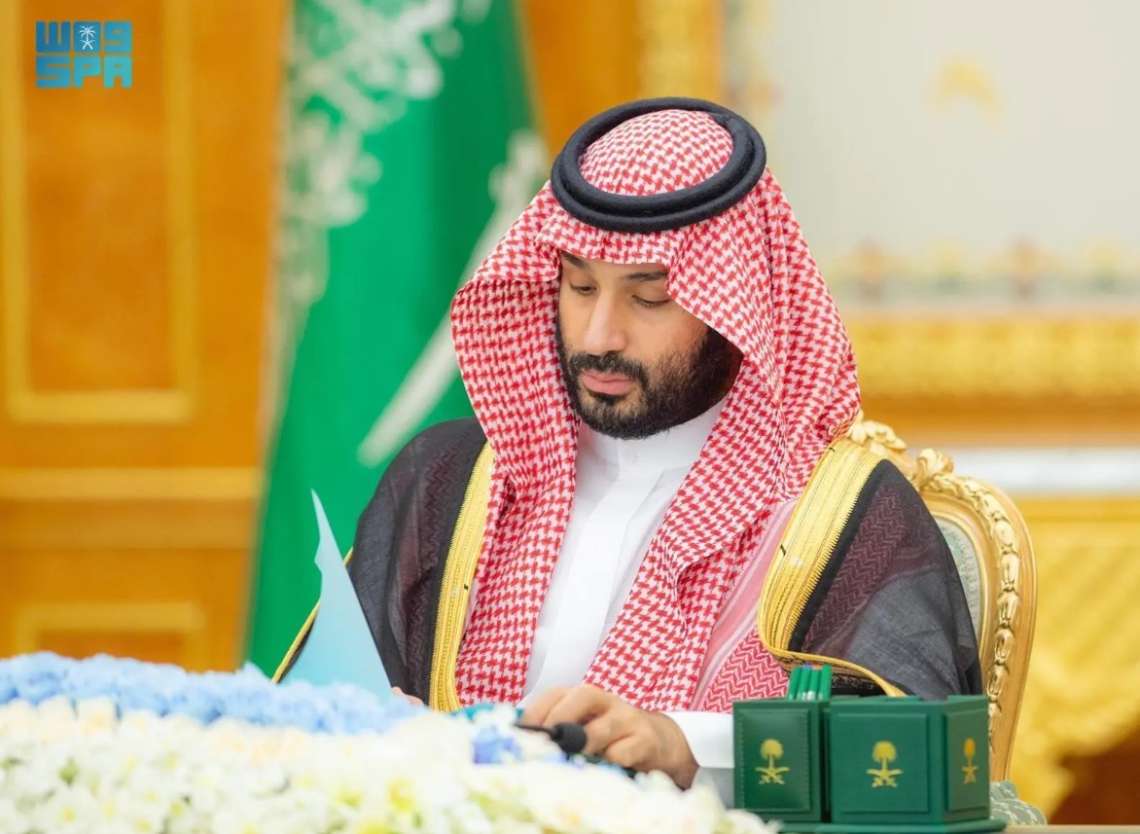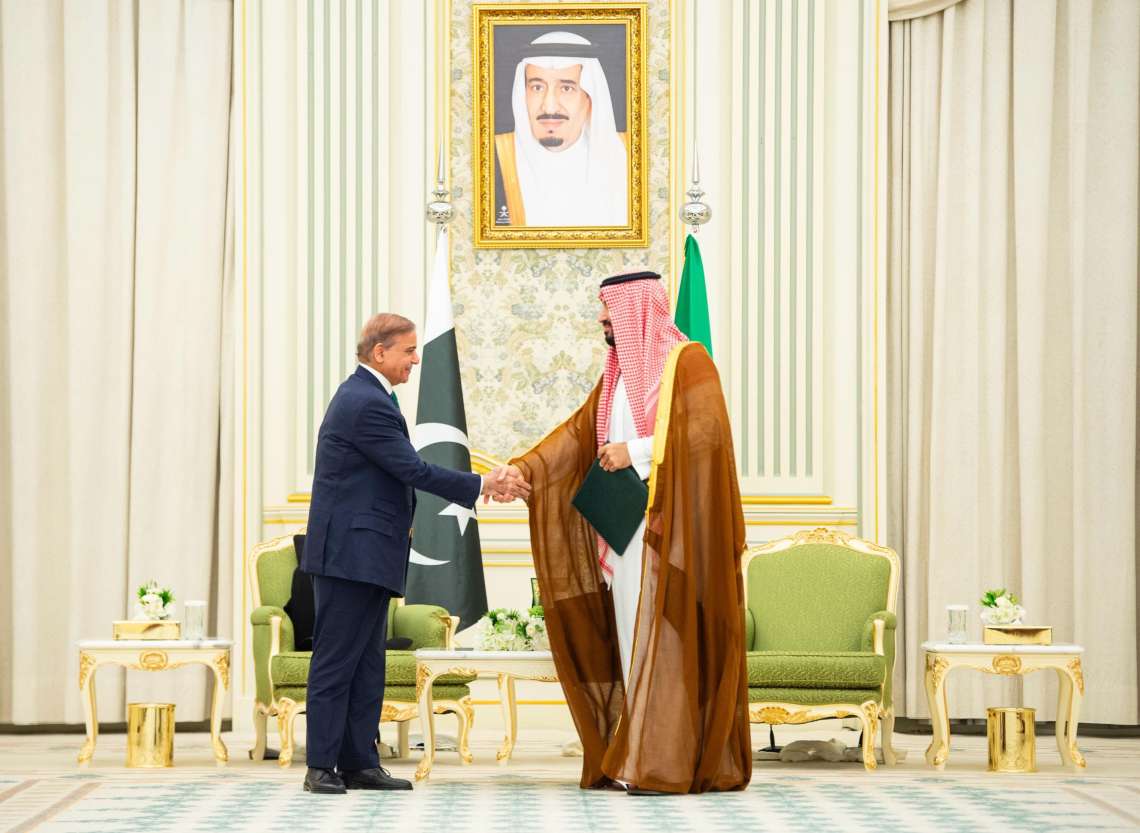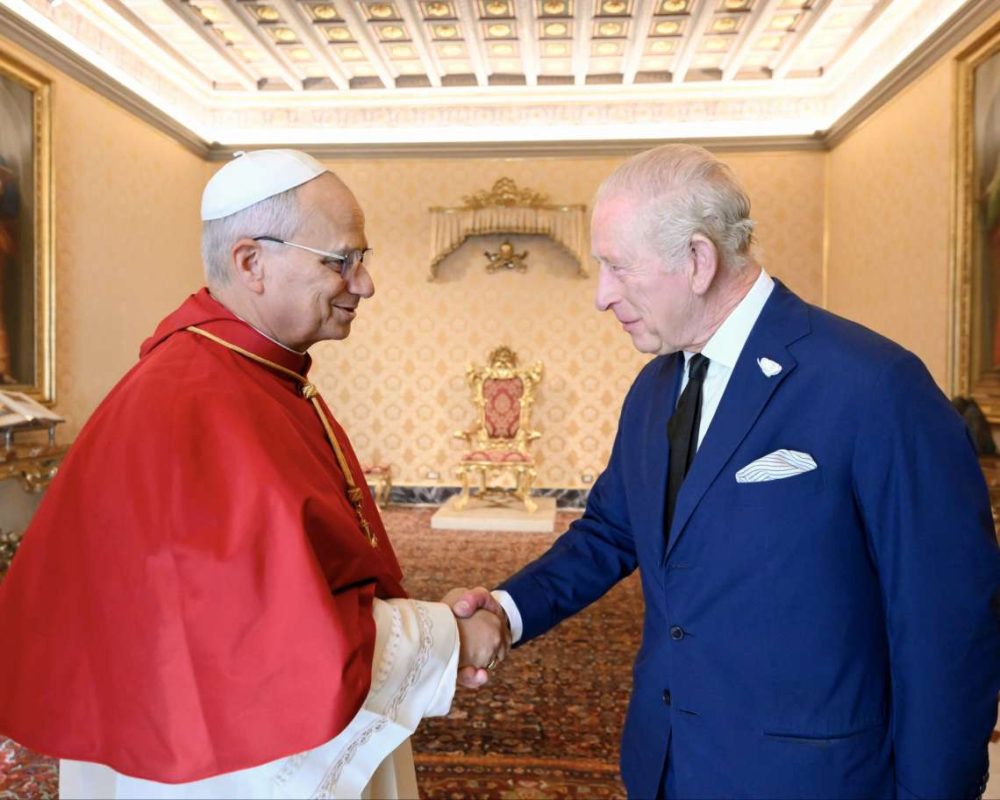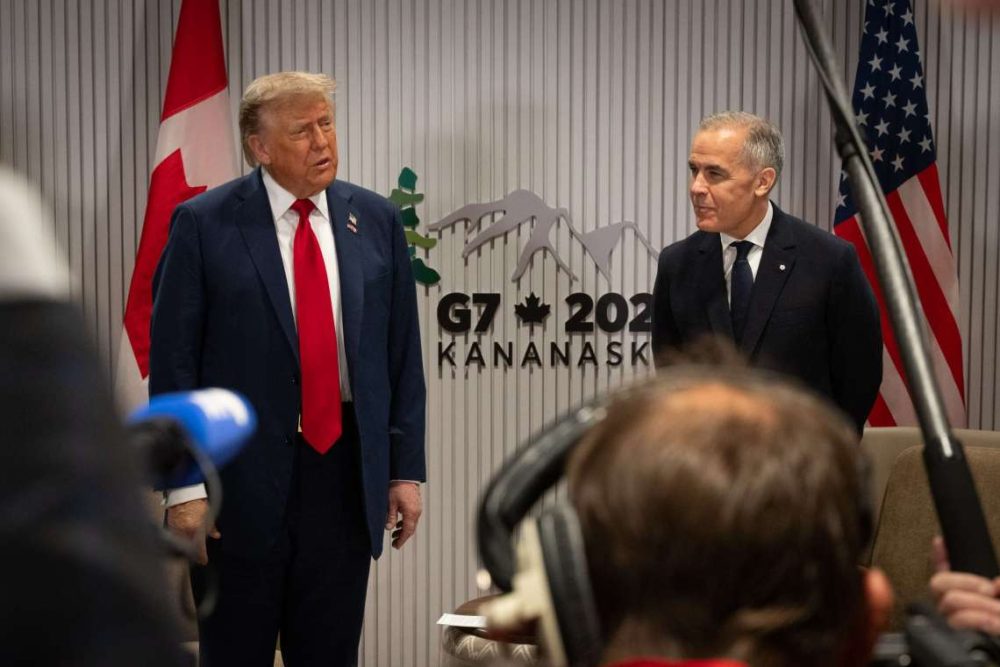Saudi Arabia scraps its decades-old Kafala sponsorship system, freeing 13 million migrant workers from restrictive employment controls and marking a major step towards fairer labour rights under Vision 2030….reports Asian Lite News
Saudi Arabia has formally abolished the five-decade-old Kafala labour sponsorship system that gave employers sweeping control over the lives of foreign workers. The decision, confirmed on Wednesday, marks a historic step towards protecting migrant workers’ rights and reshaping the Kingdom’s global image.
The Kafala system, long criticised as exploitative, had allowed employers — or kafeel — to dictate almost every aspect of a worker’s life. Sponsors could seize passports, control job changes, and even decide when employees could leave the country. The abolition, a key reform under Crown Prince Mohammed bin Salman’s ambitious Vision 2030 programme, will directly benefit around 13 million foreign workers, including nearly 2.5 million Indians.
Unveiled in June, the move is part of the Kingdom’s broader effort to diversify its economy and attract foreign investment. Vision 2030, the Saudi government’s blueprint for transformation, aims to modernise society, empower citizens, and create a more vibrant environment for international investors. The end of Kafala aligns with those goals, replacing control with contractual freedom.
Introduced in the 1950s, the Kafala system was initially designed to regulate the inflow of labour from South and Southeast Asia during the Kingdom’s early development boom. While it contributed to Saudi Arabia’s rapid growth, the system also created deep inequalities, particularly among low-paid construction and service workers.
Under Kafala, workers were legally bound to their sponsors, who acted as their employers and guardians. This arrangement often led to severe exploitation — from wage theft and passport confiscation to denial of basic freedoms. Migrant workers could not even report abuse without the permission of the very sponsor they might be accusing.
For skilled or white-collar professionals, the system was less restrictive, but for millions of low-income workers, it became synonymous with forced labour. International labour rights groups and human rights organisations have long called for its abolition.
The International Labour Organisation (ILO), in a 2023 report, observed that sponsorship systems like Kafala are common across the Middle East but warned that they often trap workers in abusive situations and obstruct labour mobility. Saudi Arabia’s decision, therefore, represents a major victory for reform advocates and signals a commitment to modern labour practices.
As the Kingdom prepares to host global events such as the 2029 Asian Winter Games, the end of Kafala is not just a domestic milestone — it is also a message to the world that Saudi Arabia is ready to evolve, embracing fairness, dignity, and transparency in its workforce.














